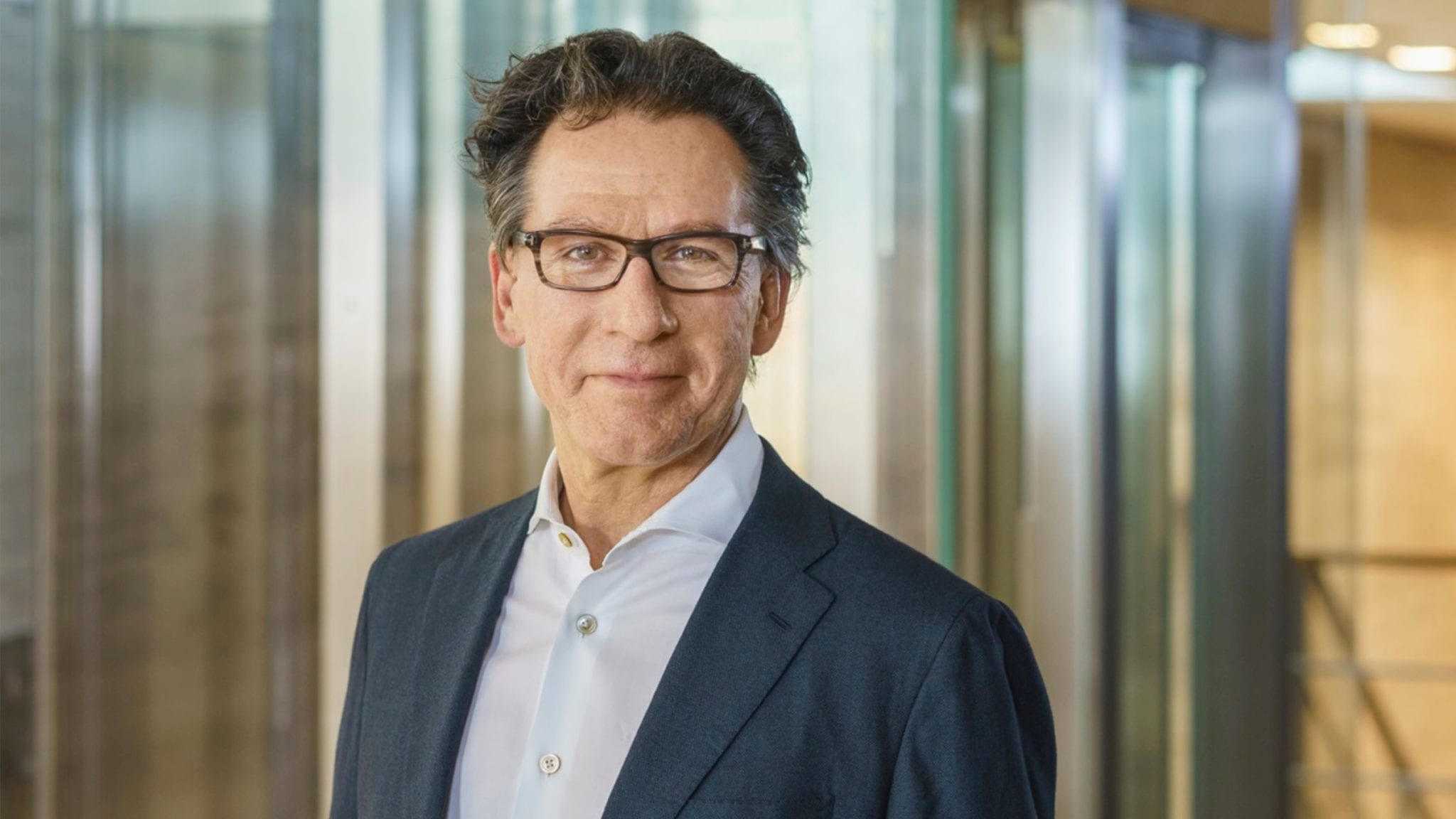
James Sabry (Roche)
Roche's James Sabry inks his second AI deal in back-to-back pacts — this time partnering Genentech with Stanford spinout Genesis Therapeutics
Less than a week after Roche joined forces with Dyno Therapeutics to develop gene therapies using artificial intelligence, its giant subsidiary Genentech is hopping …
Sign up to read this article for free.
Get free access to a limited number of articles, plus choose newsletters to get straight to your inbox.